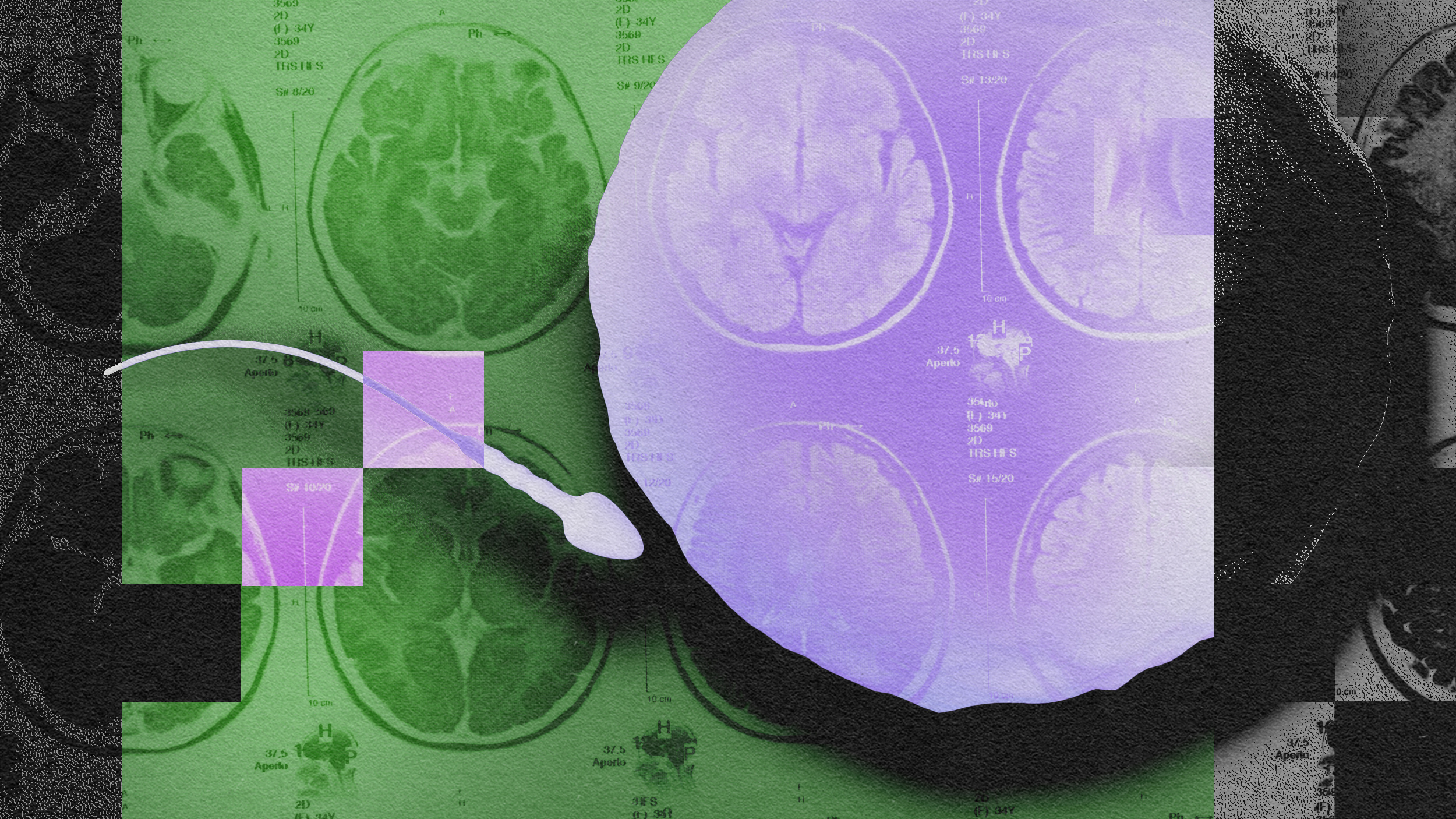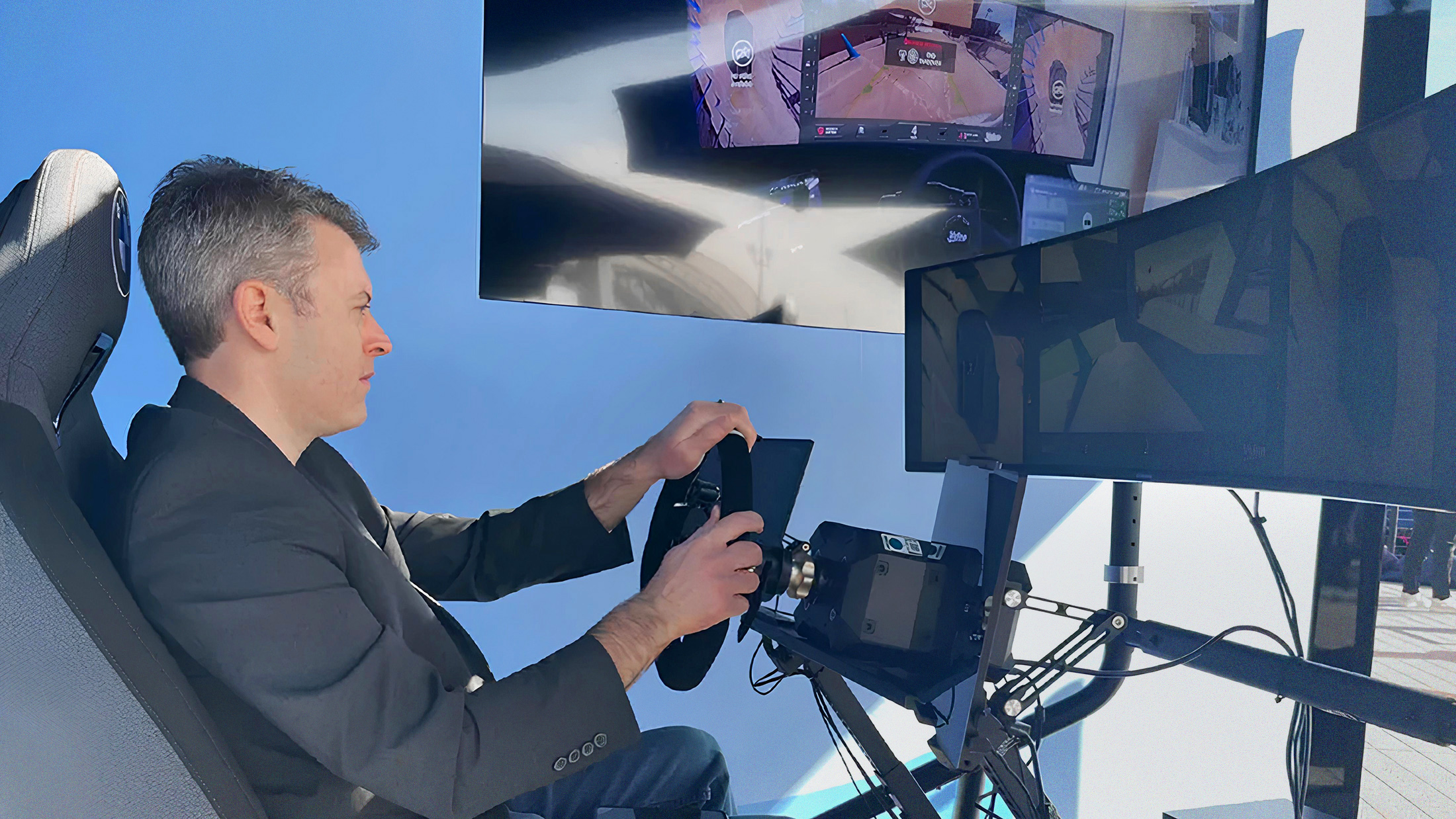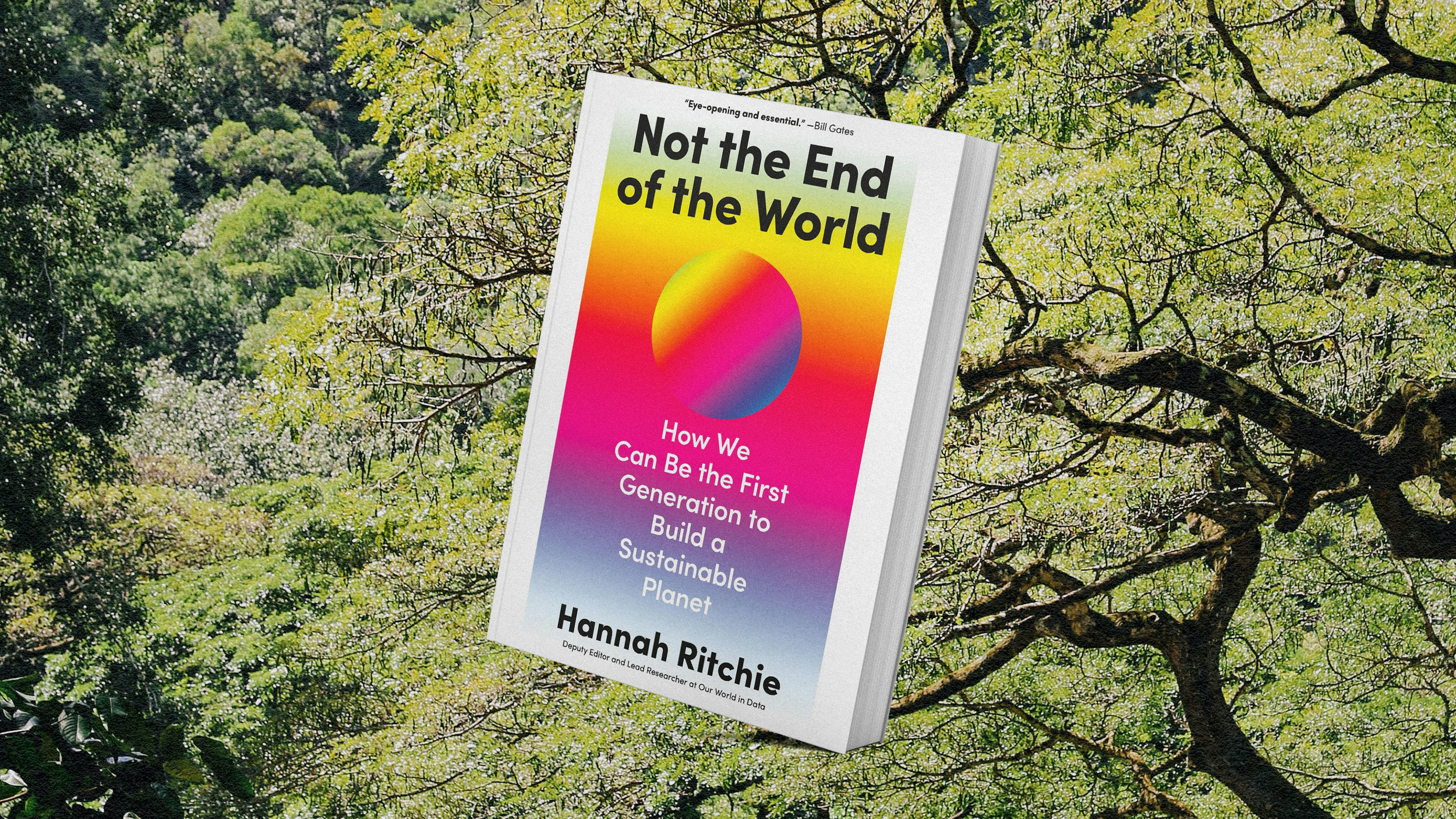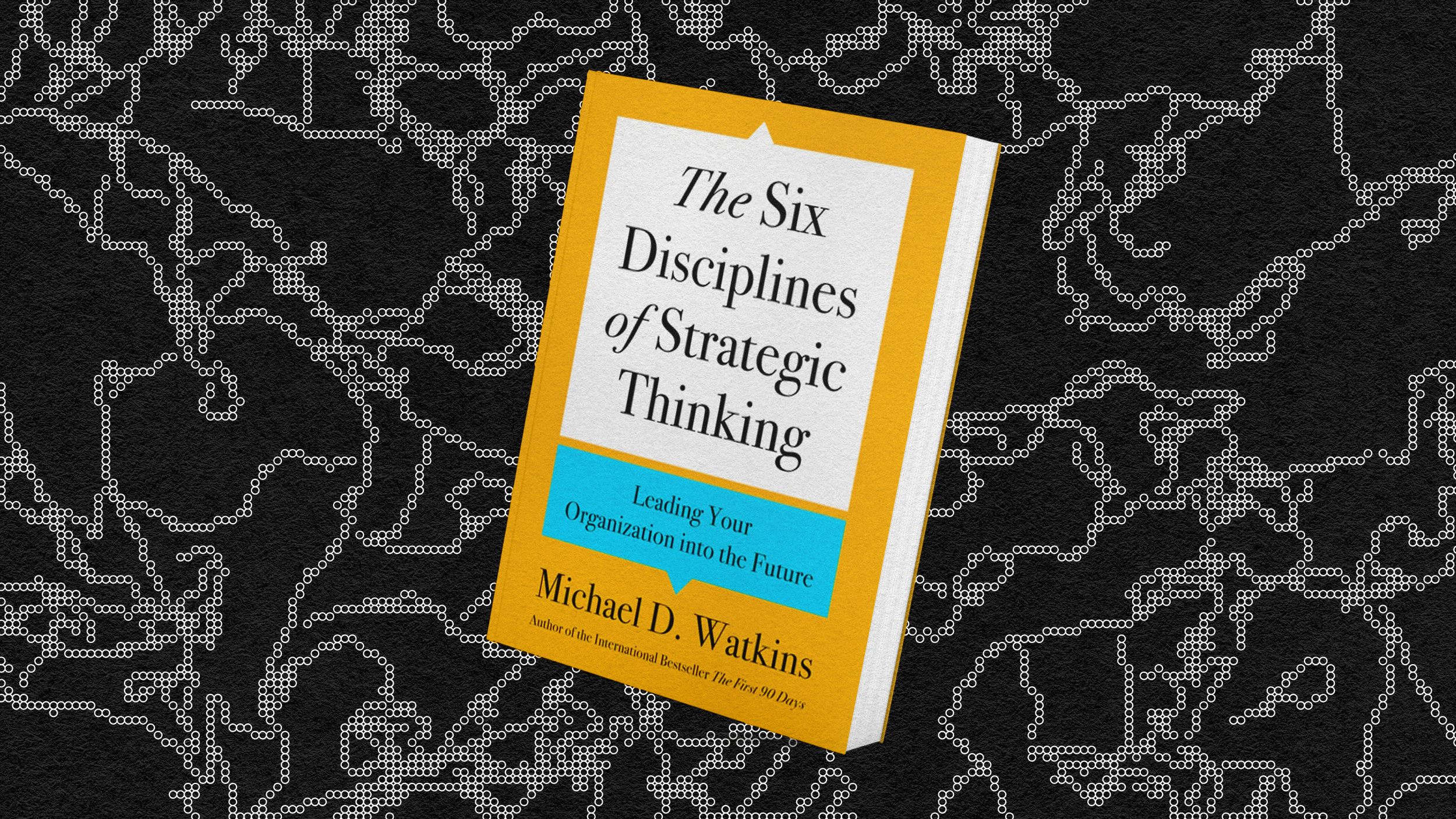Western societies seem to be getting inflammation achingly wrong.
Psychologist Noel Brick shares the mental techniques we can use to improve our performance on and off the field.
Today, supermassive black holes and their host galaxies tell a specific story in terms of mass. But JWST reveals a different story early on.
High-frequency oscillations that ripple through our brains may generate memory and conscious experience.
Observations of an enormous cosmic structure, dubbed the “Big Ring,” seem to violate the Copernican principle.
Archaeologist Bernard Frischer spent decades uploading the ruins of the Eternal City to the cloud. Here’s what it looks like.
For better teamwork, take a lesson from research into soccer fans who put aside their tribalism.
The most celebrated genius in human history didn’t just revolutionize physics, but taught many valuable lessons about living a better life.
A new analysis suggests previous “total cost of ownership” studies overlooked key factors.
Could subfertility be an under-explored factor in autism risk?
Chloé Valdary — founder of Theory of Enchantment — explores two essential practices for generating the team “magic” that drove Apple under Steve Jobs.
Our cosmic home, planet Earth, has been through a lot over the past 4.5 billion years. Here are some of its most spectacular changes
BMW found it’s possible to remote-drive vehicles using available technology. All it takes is some software updates and a cellular network connection.
HaptX gloves provide high-fidelity touch feedback of virtual spaces (and they look cool, too).
Fire was crucial to the evolution of human technology. That’s why alien species stuck in the “oxygen bottleneck” may be forever primitive.
Depression applies to individuals and businesses alike — and so does the solution.
For every proton, there were over a billion others that annihilated away with an antimatter counterpart. So where did all that energy go?
People who score high in “obsessive passion” can become rigidly consumed by ideological causes — sometimes dangerously so.
I also can’t conjure sounds, smells, or any other kind of sensory stimulation inside my head. This is called “aphantasia.”
One newly discovered, ancient star has a composition unlike any other. Explaining its existence is already blowing astronomers’ minds.
From Hogwarts to hashtags, kids’ reading habits have changed drastically in recent decades — but data suggests cause for hope.
Researchers are finding signs of multiple phases of sleep all over the animal kingdom. The ‘active’ sleep phases look very much like REM.
Wherever businesses are a powerful force for society, successful leaders embrace the “mission mindset” of shared purpose.
Planets can be Earth-like or Neptune-like, but only rarely are in between. This hot, Saturn-like planet hints at a solution to this puzzle.
Smaller family networks, more great-grandparents, and fewer cousins.
The midwest is particularly filled with them.
Parents will sometimes use children as weapons in their relationship battles — and the fallout can be devastating.
Environmental progress is happening quickly but we must keep pushing for change.
Why has the value of strategic thinking never been higher? It’s complex.
Finding it at all was a happy accident. Examining it further may help unlock the secrets hiding within the earliest galaxies of all.





























